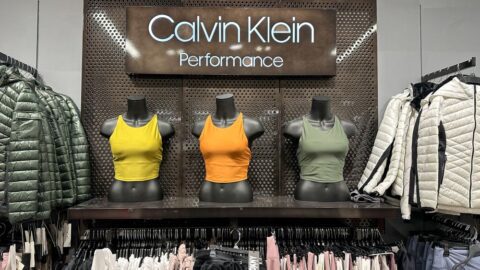Just as the Fourth of July inches closer, Walmart has once again come under fire from advertising watchdog group Truth In Advertising (TINA) for allegations that it is still using deceptive claims regarding online products that it says are “Made in the U.S.A.”
TINA sent a letter to the Federal Trade Commission (FTC) on June 28 asking the agency to reopen an investigation into Walmart’s “Made in the U.S.A.” product descriptions.
While product quality can be questioned regardless of where the merchandise is initially manufactured, transparency remains an important issue to American consumers. Almost 80% of U.S. consumers say they would rather buy an American-made product than an imported one, according to a Consumer Reports survey, indicating that disingenuous retailers are taking huge customer relationship risks.
With Walmart pledging in 2013 to purchase an additional $250 billion in U.S. made products by 2023 and continuing its theme to “Invest in American Jobs,” the “Made in the U.S.A.” labeling is not a subject the retailer should be dancing around if it wants to win any further publicity battles regarding its business practices.
Letter To FTC Alleges Walmart Still Hasn’t Removed Misleading Information
TINA’s letter — the third that the group has sent to the FTC in the past 13 months — claims that Walmart has failed to remove all misrepresentative displays on its web site, even after providing assurances that it had corrected these issues:
“Walmart has shown itself unwilling to comply with FTC law despite the fact that it has had over a year to take corrective action,” the letter said. “Clearly, FTC intervention is needed at this time for if the largest retailer in the world is permitted to flout the law in such a persistent and egregious manner, it sends a clear message to all that Walmart is held to a different standard.”
TINA compiled a database of more than 100 examples of misrepresentations displayed on Walmart.com in June 2016, and is alleging that a disclaimer posted beneath each product listing “cannot be used as cover for a false and deceptive U.S.-origin claim.”
The FTC initially reviewed Walmart after TINA filed a complaint in July 2015 alleging that products on the e-Commerce site were incorrectly labeled “Made in the U.S.A.” But the agency ended the probe in October when the retailer:
-
Removed “Made in the U.S.A.” logos from all online product listings;
-
Removed country-of-origin information from all online product specifications, except where required by law;
-
Removed U.S.-origin claims that appeared in online product descriptions or titles;
-
Implemented a procedure to flag and remove new U.S.-origin claims made in ad copy submitted by suppliers; and
-
Rolled out redesigned “Made in the U.S.A.” logos that appear on private brand product packaging, including disclaimers regarding the percentage of U.S. content contained in the product.
Nevertheless, TINA still alleges that not all claims were removed, adding that the product disclaimers in question also are not prominently showcased on the site for consumers to see when making a purchase.
What Makes A ‘Made In The U.S.A.’ Campaign Legitimate?
Walmart’s example isn’t exactly uncharted territory, as the FTC has investigated 74 businesses since 2010 for practices related to “Made in the U.S.A.” claims. The FTC’s Enforcement Policy Statement of U.S. Origin Claims indicates that:
“In order to be effective, any qualifications or disclosures should be sufficiently clear, prominent and understandable to prevent deception. Clarity of language, prominence of type size and style, proximity to the claim being qualified, and an absence of contrary claims that could undercut the effectiveness of the qualification, will maximize the likelihood that the qualifications and disclosures are appropriately clear and prominent.”
Qualified claims can either be general — “Made in USA of U.S. and imported parts” — or specific — “Made in USA from French components.”












